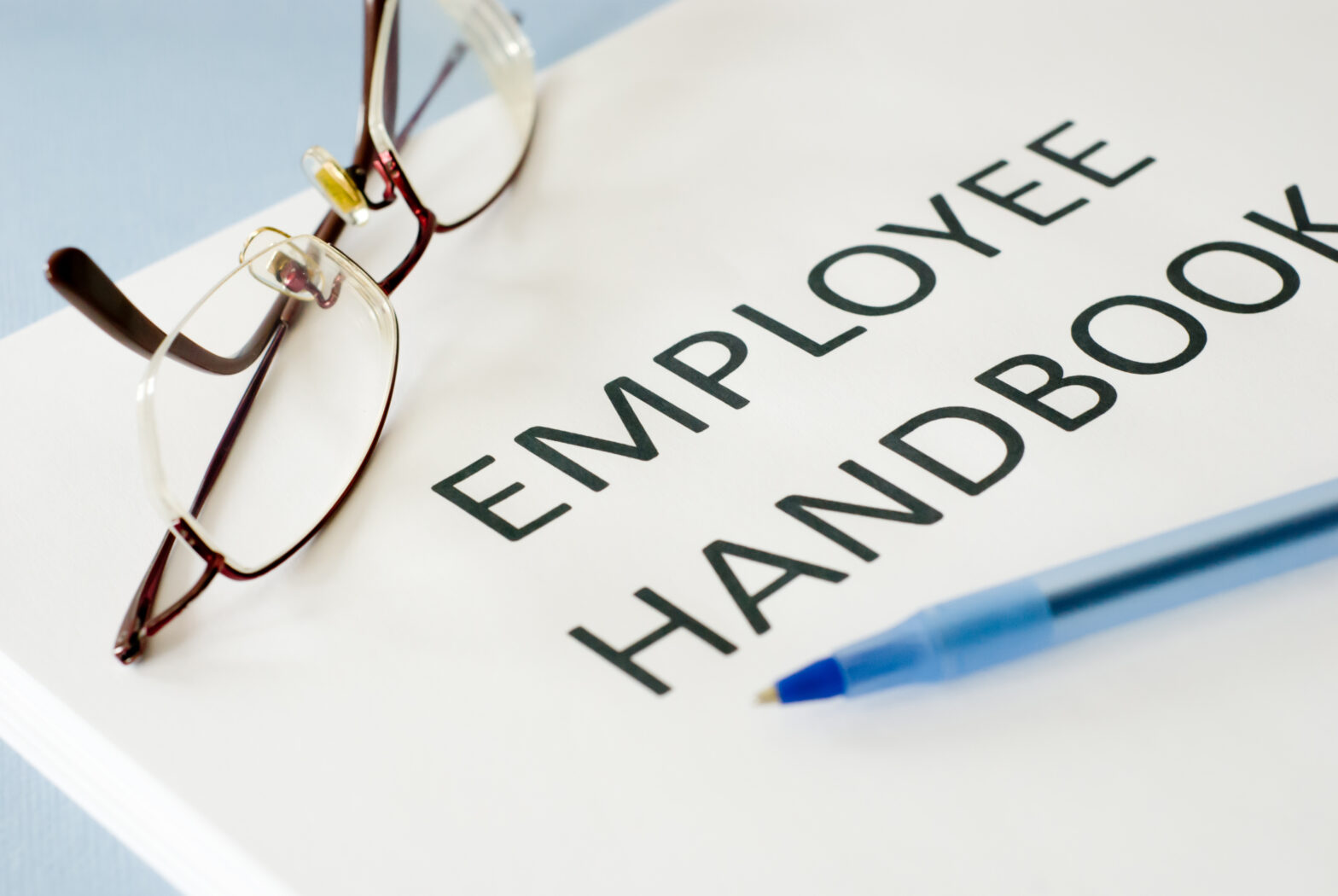The beginning of April is circled in many a financial employee’s diary. The start of the new tax year, it often brings with it a host of new initiatives, tax changes and rules to apply that will need to be adhered to once the clock strikes twelve. For many large businesses, one particular piece on the agenda has led to more than one sleepless night: the payment practice legislation.
In January, the payment practices reporting requirement was announced, to come into effect from April 6th. In essence, the new legislation means that large companies and LLPS that cross over two of the three following lines – £36 million annual turnover, £18 million balance sheet total or 250+ employees, will have to report twice-yearly on their payment practices.
But that’s not all. The information that needs to be posted by the companies is in actual fact a significant undertaking and not a simple case of reporting back on their terms of payment.
Summaries of payment terms, dispute procedures, the average payment times for invoices, the percentage of payments paid early or late, the percentage not paid within the agreed terms. The list goes on – a completely transparent set of records in regards to payment.
Public access
For enterprise, the issue isn’t that these need to be collated – it’s that they need to be published and therefore publicly accessible. All registered business owners will have access to these and can therefore make more informed decisions about who they choose to work with, meaning that those with a historically poor payment culture may well feel the pinch as they are avoided by savvy smaller businesses.
There is a whole other article on the enterprise side of the legislation about how they need to get their house in order and power this through technology-based automation for their invoices. But the main benefactors and the focus of the legislation is Britain’s SMB community.
For them, poor payment practises are a potentially lethal issue and the legislation is a welcome ally against this.
The dangers of late payments
Take the following example. A dairy farm is supplying milk to one of the top five supermarket chains in the country. This contract may well make up 80 per cent of the business’ trade, meaning that they are at a severe disadvantage when it comes to negotiating payment terms.
If the supermarket wants payment terms of 60 days – or else they take their businesses elsewhere – then the supplier has little choice but to accept them. But what happens if the business supplying cartons to the milk business have payment terms of 30 days? Or those transporting the goods?
The financial burden of this 30-day financial black hole falls onto the original supplier, and this kind of cash flow issue is killing small companies.
The Federation of Small Businesses has long championed this kind of scheme, and frequently highlighted just how dangerous late payments are to the SMB sector. In figures published last year, the FSB estimated that 50,000 businesses wouldn’t have folded and an added £2.5 billion would have been added to the UK economy.
These figures were the result of 61 per cent of small businesses experiencing late payments from big business. Now, more than ever with the political uncertainty surrounding the UK, businesses need to be firing on all cylinders and it’s a travesty that this kind of contribution has been wiped off by poor payment practices.
The issue is starting to make waves, with this legislation, the appointment of the small business commissioner slated for this October, and the likes of Jeremy Corbyn recently championing the cause and looking to protect what is, for all intensive purposes, the backbone of the UK economy.
But – as I’m sure many entrepreneurs and small business owners know – it’s not enough to rely on the help of others. Businesses need to be aware of the payment practice legislation and take full advantage of it.
The results will be accessible on a central government site (funnily enough, to stop individual companies burying their results on their websites), and this should be closely monitored by those in small business financial teams for updates and changes.
Companies may well have started with terrible practices, but upped their game since the added scrutiny came into play. The next calendar year will throw up some important statistics and will be integral for small businesses looking to work towards smooth sailing on their cash flow.
Dafydd Llewellyn is managing director of UK SMB, Concur.








